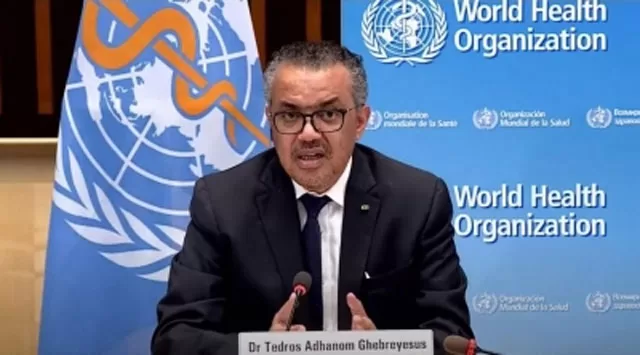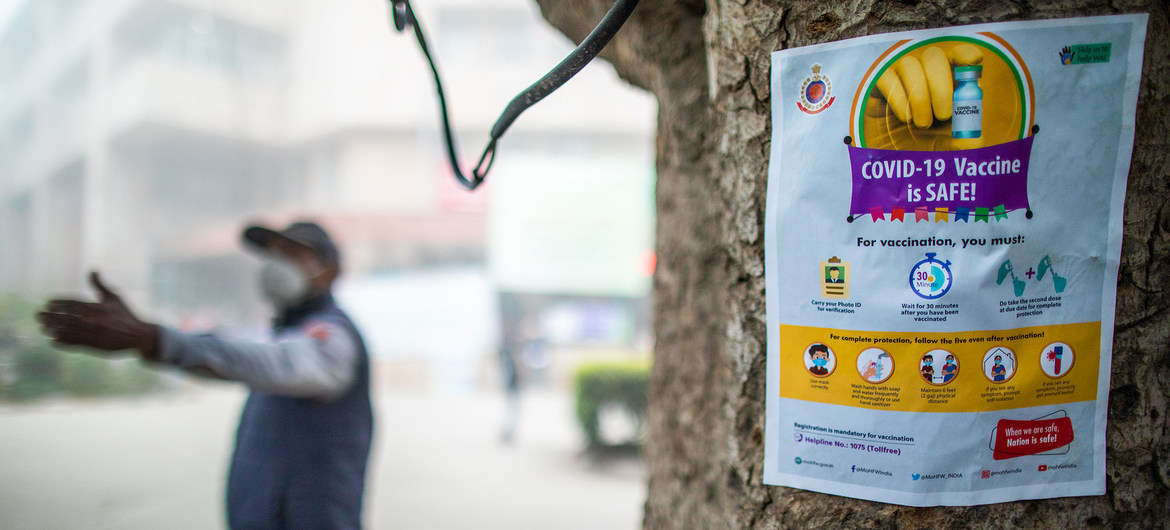Geneva, February 13, 2025 – The World Health Organization (WHO) has acknowledged difficulties in communicating with the United States regarding the ongoing bird flu outbreak following the country’s withdrawal from the UN health agency.
Christian Lindmeier, a WHO spokesperson, addressed the issue at a press briefing in Geneva on Tuesday, stating, “Communication is a challenge indeed. The traditional ways of contact have been cut.” Lindmeier, however, declined to elaborate further, as reported by Xinhua news agency.
Since the outbreak of H5N1 bird flu in the US in April 2024, nearly 70 people, primarily farm workers, have been infected. The US Centers for Disease Control and Prevention (CDC) has assured that there is no evidence of human-to-human transmission and that the public health risk remains low. However, individuals with prolonged exposure to birds, poultry, or livestock remain at higher risk of infection.
Concerns have been mounting over the US withdrawal from the WHO, particularly regarding the potential impact on global information-sharing efforts. President Donald Trump, on his inauguration day on January 20, signed an executive order pulling the US out of the organization, citing dissatisfaction with the WHO’s handling of the COVID-19 pandemic and the financial contributions expected from the US compared to other nations.
According to US media reports, some countries have privately expressed concern that the US might cease sharing information on emerging viruses, potentially hindering global efforts to contain outbreaks and prevent future pandemics.
These concerns have intensified following the recent discovery of a second strain of bird flu in dairy cattle in Nevada, raising alarms about the broader scope of the outbreak. The presence of the virus in livestock has prompted fears over its potential to mutate or spread more widely among humans.
The US had been the WHO’s largest financial contributor, providing $1.28 billion in funding for 2022 and 2023—$400 million more than Germany, the second-largest contributor. Despite the withdrawal, the WHO remains hopeful that the US will reconsider its decision. “For the benefit of the health and well-being of millions of people around the globe,” the organization stated, it continues to urge the US to re-engage in international health cooperation.
Disclaimer: This article is based on publicly available reports and statements from the WHO and other sources. The situation remains fluid, and updates may emerge as more information becomes available. Readers are advised to refer to official sources for the latest developments.












